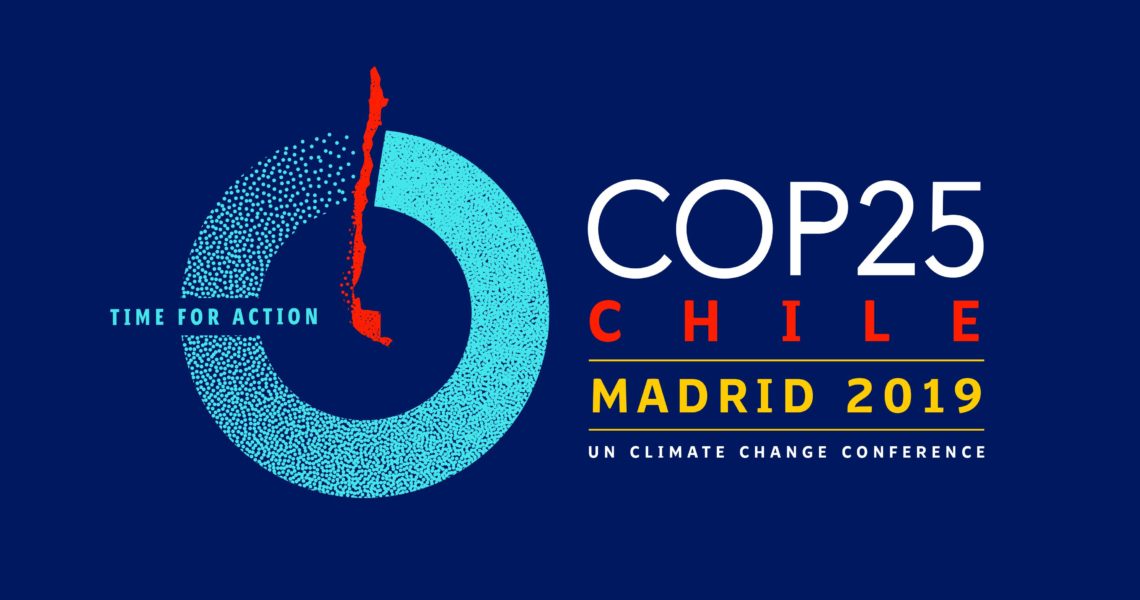Following two weeks of negotiations, UN Climate Change Conference – COP25 has been concluded with a decisión taken on Sunday morning.
Governments have failed to respond to the emergency of the climate crisis as the talks fell victim to major differences between countries that are proving hard to resolve..
The UNFCCC released the following new negotiating texts this morning. On first analysis, observers complained that the text was weak on ambition. One said: “I didn’t think the [Chilean] Presidency could make the text any weaker – but they did.”
Observers of the summit in Madrid held G20 countries – especially with the US, Brazil, Australia, Saudi Arabia – and major oil, gas and coal companies responsible for undermining the climate ambition and blocking the progress for better response to this global challenge.
Canada, Japan, China and India were also faulted for their complacency as they failed to support vulnerable nations in the face of brutal impacts and push for a more robust collective response in 2020. The EU tried to play its role as bridge-builder between developing and developed countries. However, it will take a major diplomatic push and bigger leadership alliance to deliver substantial outcomes at COP26 in Glasgow.
2020 climate plans: strengthened urgency text directly pointing to emissions gap.
COP25’s final decision text “re-emphasizes with serious concern the urgent need to address the significant gap between the aggregate effect of Parties’ mitigation efforts in terms of global annual emissions of greenhouse gases by 2020 (…)”, at the same time that it “stresses the urgency of enhanced ambition in order to ensure the highest possible mitigation and adaptation efforts by all Parties.”
Despite this, the text is generally very circular (i.e. no clear one-sentence statement “in light of climate urgency encourages parties to submit enhanced NDCs in 2020”).
Carbon markets:
Negotiators failed to reach an outcome on carbon markets. In the final hours of negotiations, over 30 governments joined behind the San Jose Principles in an effort to preserve the integrity of carbon market rules and prevent loopholes and the ability for double-counting carbon credits.
Loss & Damage:
Santiago network established to lead more work on implementation to minimize, avoid and recover from loss and damage. However, the final text is weaker than the previous version.
In term of finance, it “urges” scale up of support by developed countries and other Parties in a position to do so, as well as private and non-governmental organizations, funds and other stakeholders; but then only invites the Green Climate Fund (GCF) Board to continue providing resources for loss and damage, and invites it to take into account, within its mandate, the strategic workstreams of the WIM Executive Committee.
Oceans & Land
New UN work to commence on the ocean and climate change to consider how to strengthen mitigation and adaptation action; as well as in land and climate change adaptation-related matters.
Final Decision Text The Analysis of Text



